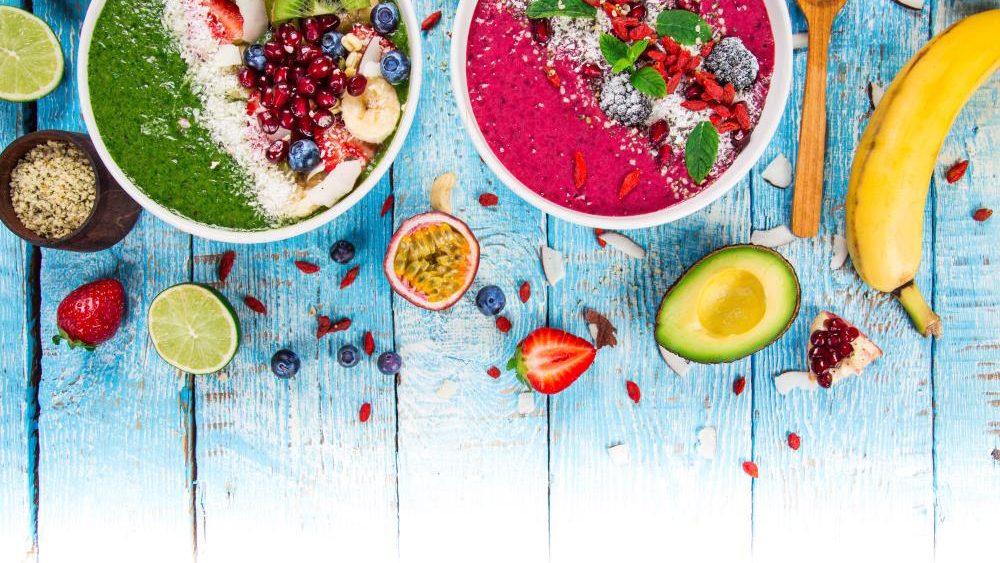
Advertisement
If you suffer from anxiety and you don’t want to take psychiatric medications, you might have been focusing on some tried-and-true ways to cope with your feelings, such as exercise and meditation. However, there is another way to approach this condition that you may not have thought of: dietary adjustments.
According to a review of studies that was recently published in the General Psychiatry journal, regulating gut microorganisms through the consumption of probiotics and other foods and supplements can help alleviate the condition.
The “gut-brain axis” has increasingly been the focus of researchers in recent years as we learn more about the strong connection between our guts and our brains. The interaction between the brain and gut explains how, for example, you feel sick when you’re anxious or nervous, or how your body starts producing digestive juices when you see food. Our guts are home to trillions of microorganisms known as gut microbiota that carry out important functions related to metabolism, immunity, and inflammation control.
Chinese researchers reviewed 21 studies involving more than 1,500 people overall. Some had used probiotics to regulate people’s intestinal microbiota, while others had looked at other dietary adjustment that didn’t involve probiotics specifically. These living organisms that occur naturally in certain foods are considered “good” bacteria thanks to their ability to fight against the harmful bacteria in the gut and prevent it from taking hold. They’re also found in foods like kefir, sauerkraut, miso and yogurt.
More than half of the studies they examined showed that regulating intestinal microbiota had a positive effect on people’s anxiety symptoms. Six of the seven studies that used non-probiotic dietary interventions showed improvements in anxiety, for an effectiveness rate of 86 percent.
The researchers believe that the non-probiotic interventions may have been so much more effective than the probiotic ones because changing the diet overall can impact gut bacteria growth far more than simply introducing specific bacteria via supplements; many of the studies involving probiotics only focused on one particular strain.
Most of the studies did not report any adverse effects in patients, although some of them did have minor side effects like diarrhea and dry mouth.
Although the quality of the studies included was high, this was an observational study that cannot determine cause and does have some limitations. Nevertheless, it is supported by other studies pointing to the positive effects dietary changes can have on anxiety.
What should you eat to help alleviate anxiety?
Some dietary considerations are fairly obvious, like eating a balanced diet, getting plenty of water, and limiting alcohol and caffeine. However, there are some specific changes that can make a really big difference. For example, foods high in zinc like cashews, egg yolks and oysters have been associated with lowered anxiety.
Diets that are low in magnesium have been shown to raise anxiety, so eating foods high in magnesium can help induce a sense of calmness. Foods that are good sources of magnesium include leafy greens like spinach, legumes, seeds, whole grains, and nuts.
Omega-3 fatty acids have also been linked to reductions in anxiety, so upping your intake of foods like wild Alaskan salmon could help. Food that is rich in B vitamins, like almonds and avocados, can also help. Asparagus also contains anti-anxiety properties.
It’s also worth noting that a lower total antioxidant state is correlated with anxiety, so upping your overall antioxidant intake can help. Turn to foods like apples, plums, black beans, kale, broccoli, walnuts, turmeric and ginger to get more antioxidants.
This study is great news for the 40 million adults who suffer from anxiety. Like many of the mental and physical health problems people suffer from, the solution to anxiety could well be in your kitchen, not your medicine cabinet.
Sources for this article include:
Advertisements







